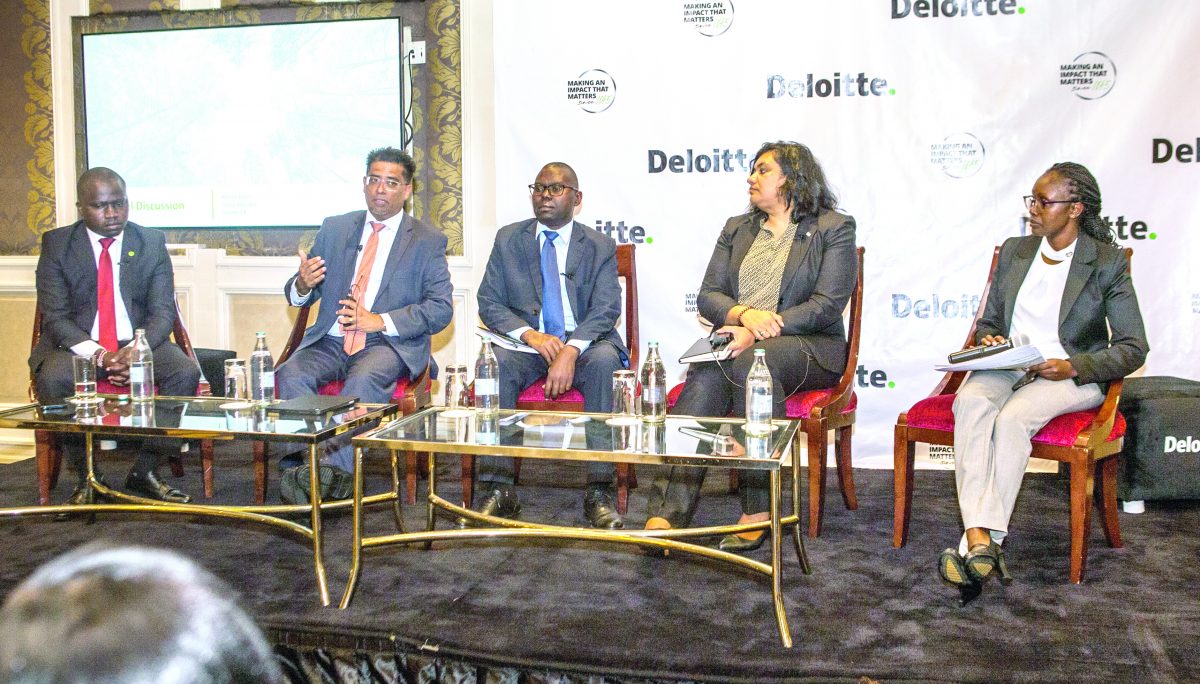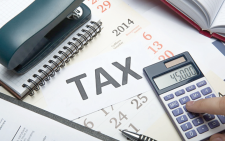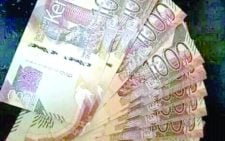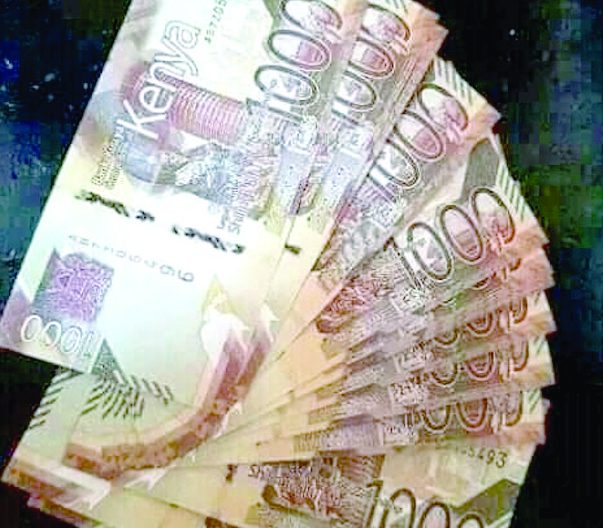Kenya, Iran seal deal for vehicle assembly plant

Iran is looking to establish a local motor vehicle assembly plant in Mombasa to tap into opportunities in a sector earmarked by the Kenyan government for protection from cheap imports through hiked taxes.
The timelines and value of the investment in the proposed plant are yet to be disclosed.
It forms part of attempts to solidify bilateral trade following yesterday’s State House meeting between President William Ruto and his Iranian counterpart, Ebrahim Raisi who is on a three-country tour of Africa.
The plant will manufacture an indigenous Iranian vehicle dubbed “Kifaru”, adding to the list of locally assembled vehicle brands like Proton Saga, Peugeot 3008, and Mobius that were launched by ex-president Uhuru Kenyatta.
Productive visit
“I am confident that the project is as unstoppable as this name suggests,” Ruto said yesterday at a media briefing after the meeting.
“This highly productive visit has been an excellent opportunity for us to renew and reaffirm the strong bonds of friendship and solidarity between the governments and peoples of Kenya and Iran.”
This will be when the cost of vehicle importation into Kenya is set to shoot up in the coming months after the East African Community (EAC) last week raised import duty from 25 per cent to 35 per cent under the common external tariff.
The auto industry is equally reeling from the impact of depreciating shilling against the dollar which has increased the cost of second-hand and new vehicles. The two heads of State witnessed the signing of five memoranda of understanding on cooperation in the sectors of Information, Communication and Technology (ICT), fisheries, animal health and Livestock Production, and Investment Promotion.
Raisi’s trip to the continent, which extends to Uganda and Zimbabwe, is the first by an Iranian president in more than a decade and represents a bid to step diplomatic outreach in developing economies in the face of crippling U.S. sanctions that exacerbated in 2018.
The trade balance between Iran and Kenya has been shifting in favour of Nairobi in the past five years.
Import value from the Middle East country declined from a high of Sh10.4 billion in 2018 to Sh3.3 billion in 2022. Kenya’s exports to Iran, dominated by tea, increased to Sh5.8 billion in 2022, down from about Sh2.1 billion in 2018.
Volume of trade
“None of us is satisfied with the current volume of trade and economic exchange between the two countries. There are no insurmountable barriers to increasing development relationships with Kenya. this could be the right ground for expansion of development,” said Raisi.
The current government wants to cut high importation volume through stiff taxes to ease pressure on the local currency while scouting various potential investors from both existing and new trade partners.












